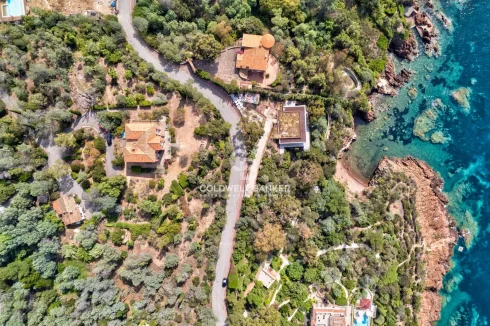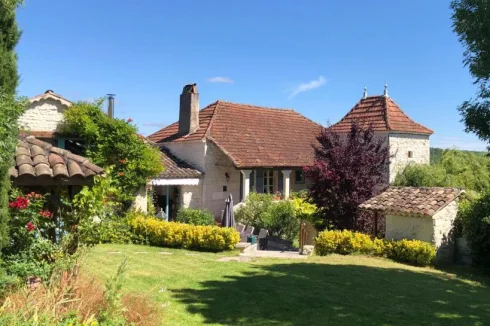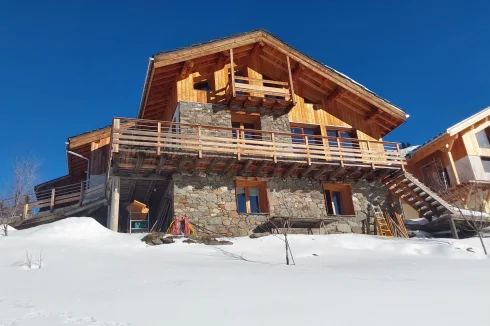Inheritance Planning and the Risks of Low Valuation
Tuesday 05 April 2016
Particular care is needed over the valuation of property when seeking to minimise liability to inheritance tax in France.
If you own real estate in France, on your death your beneficiaries are potentially liable to pay French inheritance tax (droits de succession).
This liability arises whether you are resident or non-resident.
As part of the process of dealing with estate of a deceased it will be necessary to undertake a valuation of the assets to assess liability to French inheritance tax.
The same valuation process also takes place when making a gift (donation) of property as part of the process of inheritance planning.
This valuation can actually be carried out by the beneficiaries of the estate, with the assistance of the notaire. Alternatively, an estate agent can be engaged to provide an estimate of the value.
Not unnaturally, most people will seek to keep the valuation of property as low as possible in order to minimise inheritance or gifts tax liability.
The tax authorities are entitled to later challenge the valuation, but this would normally only occur where the valuation was manifestly below the actual market value.
Ultimately, however, this is by no means the most tax efficient strategy, for a low valuation on death or gift can later mean higher taxes are paid if and when the property is later sold.
With the toughening in recent years of capital gains taxes in France, this is an issue that has become of even greater importance.
Let us take a recent actual example.
In June 2009, Mr Johnson (fictional name) died, leaving his estate to his wife and two children. Mr Johnson had undertaken no inheritance planning measure prior to his death.
The estate comprised the main home valued at €150,000, a second home valued by the beneficiaries at €200,000, together with cash and other assets valued at €200,000.
So the total value of the jointly held property was €550,000.
The valuation given to the second home was €80,000 less than that advised by the notaire.
As half of the assets belonged to the spouse, the value of the joint estate was €275,000, to which was added a property that the deceased had inherited from his mother valued at €100,000, bringing the total value of the estate to €375,000.
Following division of the assets between the surviving spouse and the children, and given the exemption to liability for the surviving spouse and the allowances available to each child, no inheritance taxes were payable.
Several years later the family decided to sell the second home, which was sold for €350,000.
After allowances for years of ownership, the capital gain on the property was calculated by the notaire to be €75,000, which engendered a capital gains tax liability of €28,875.
If the beneficiaries had opted for the valuation for inheritance offered by the notaire of €280,000 the capital gain would have been €35,000, giving a tax liability of €12,075, a saving of €16,800.
Ironically, although the notaire fees would have been slightly higher, neither would a valuation of €280,000 have resulted in the payment of inheritance tax.
You can read more in our free, on-line comprehensive Guide to French Inheritance Laws and Taxes.Thank you for showing an interest in our News section.
Our News section is no longer being published although our catalogue of articles remains in place.
If you found our News useful, please have a look at France Insider, our subscription based News service with in-depth analysis, or our authoritative Guides to France.
If you require advice and assistance with the purchase of French property and moving to France, then take a look at the France Insider Property Clinic.





